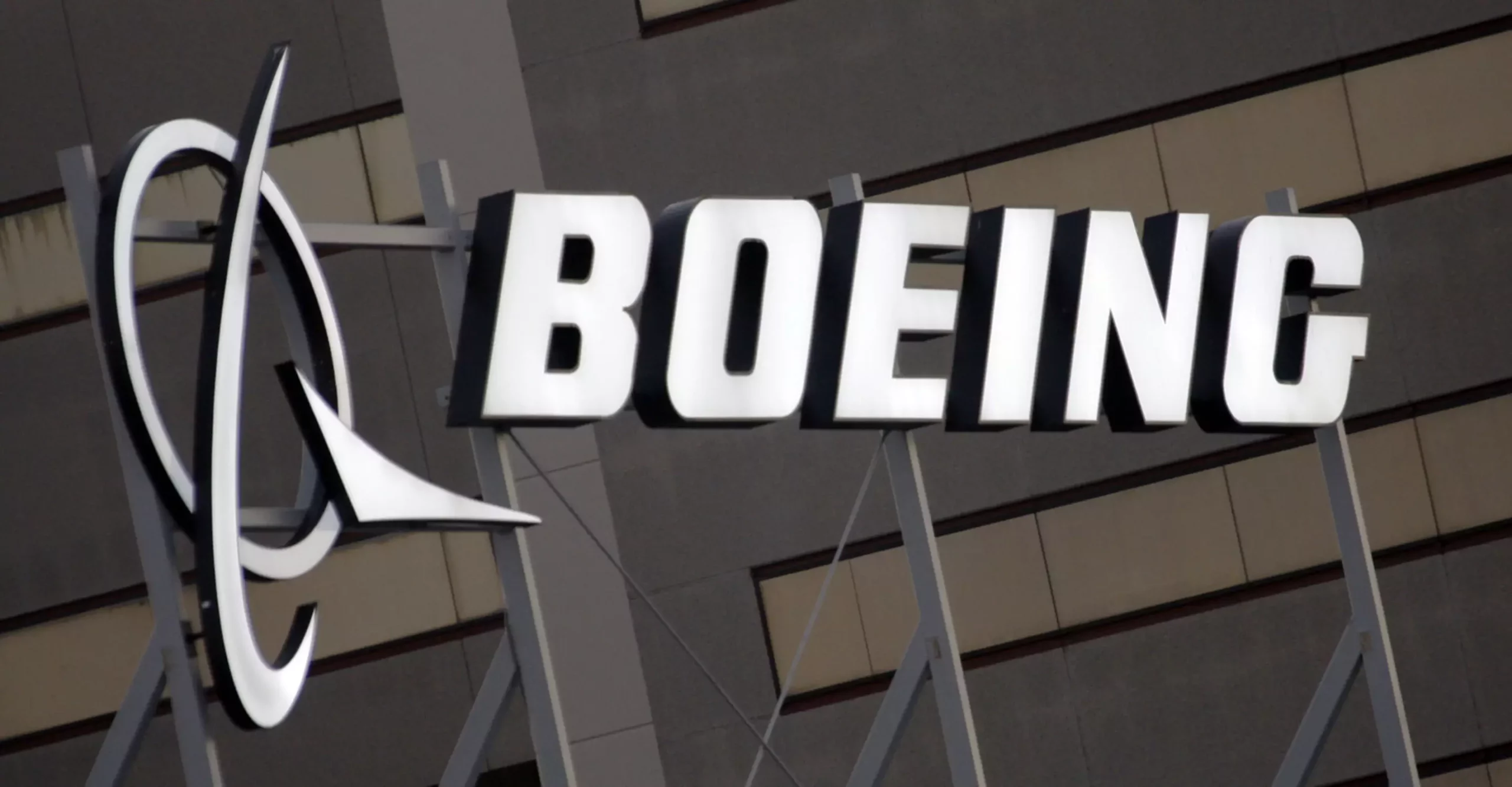Boeing has recently found itself engulfed in controversies and difficulties within its Defense, Space & Security division, leading to significant leadership changes. The ousting of Theodore “Ted” Colbert III from his position as president and CEO underscores the magnitude of the challenges facing Boeing, particularly regarding its unyielding government contracts that have turned into financial burdens. Such drastic action reflects both the necessity for immediate change and the broader issues that have plagued the aviation giant for some time.
Following the announcement of Colbert’s dismissal, Steve Parker, who has been serving as the chief operating officer of the division, has stepped in as an interim leader. As Boeing actively seeks a permanent replacement, this transitional phase may serve as a crucial turning point for a division that has seen better days. During his tenure, Colbert held multiple roles within Boeing, but recent performance under his leadership has prompted serious reevaluation within the company’s ranks. The expectations articulated by new CEO Kelly Ortberg emphasize a strong commitment to restoring client trust and delivering on promised outcomes, a sentiment that resonates across Boeing’s current efforts to realign its operational performance.
Operational malfunctions and project mismanagement have characterized several high-profile projects at Boeing, particularly within the realm of government contracts. The division has been dogged by significant losses, totaling approximately $6 billion since January 2022. This financial hemorrhage is a slight increase compared to Boeing’s commercial airplane business, illustrating the systemic issues affecting the entire company. Projects such as the anticipated new Air Force One jets and refueling tankers for the military, once symbols of innovation, now carry a hefty burden of inefficiency and public scrutiny.
Adding insult to injury, Boeing’s reputation has further diminished due to setbacks linked to its Starliner space capsule. Initially designed as NASA’s vehicle for transporting astronauts, the Starliner has faced significant technical difficulties—most notably, thruster failures during its inaugural crewed mission. NASA’s decision to postpone the return of astronauts onboard the module in favor of a SpaceX vehicle underscores a lack of confidence in Boeing’s capabilities at this crucial moment. Such precedence not only casts doubt on Boeing’s operational soundness but also intensifies competitor advantages, particularly against emerging aerospace firms.
As Boeing embarks on a quest for new leadership, it is essential for the industry titan to address foundational issues rather than merely applying superficial remedies. The company must cultivate a culture that prioritizes accountability, transparency, and innovation, values vital for sustaining long-term growth in the competitive aerospace landscape. Rebuilding trust among stakeholders, ensuring the reliability of space missions, and managing government contracts efficiently are not just goals; they are existential imperatives for Boeing to reclaim its position as an industry leader. The coming months will be critical as the company reassesses its approach and strategy to deliver on its promises, thereby shaping its identity for years to come.


Leave a Reply